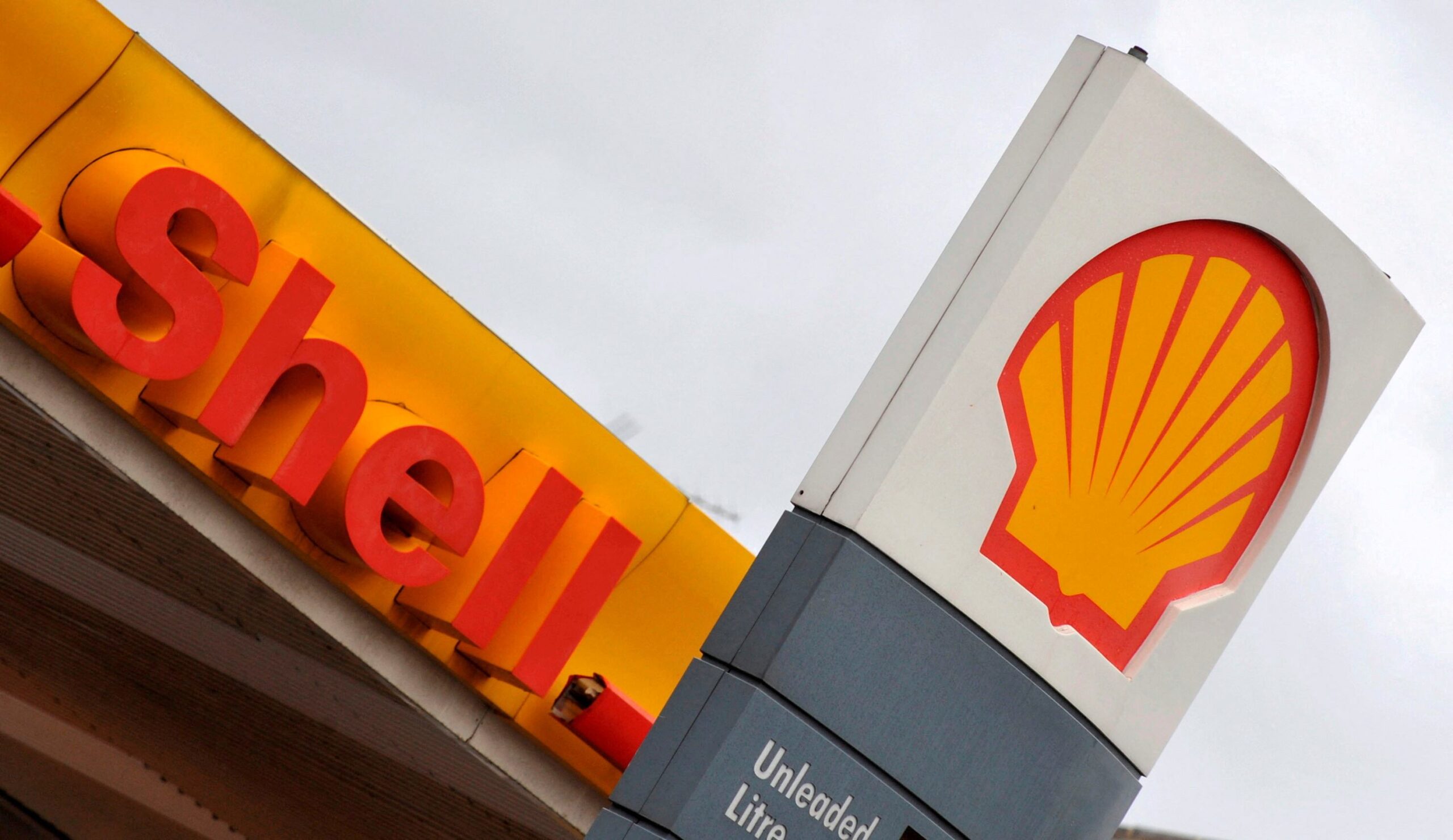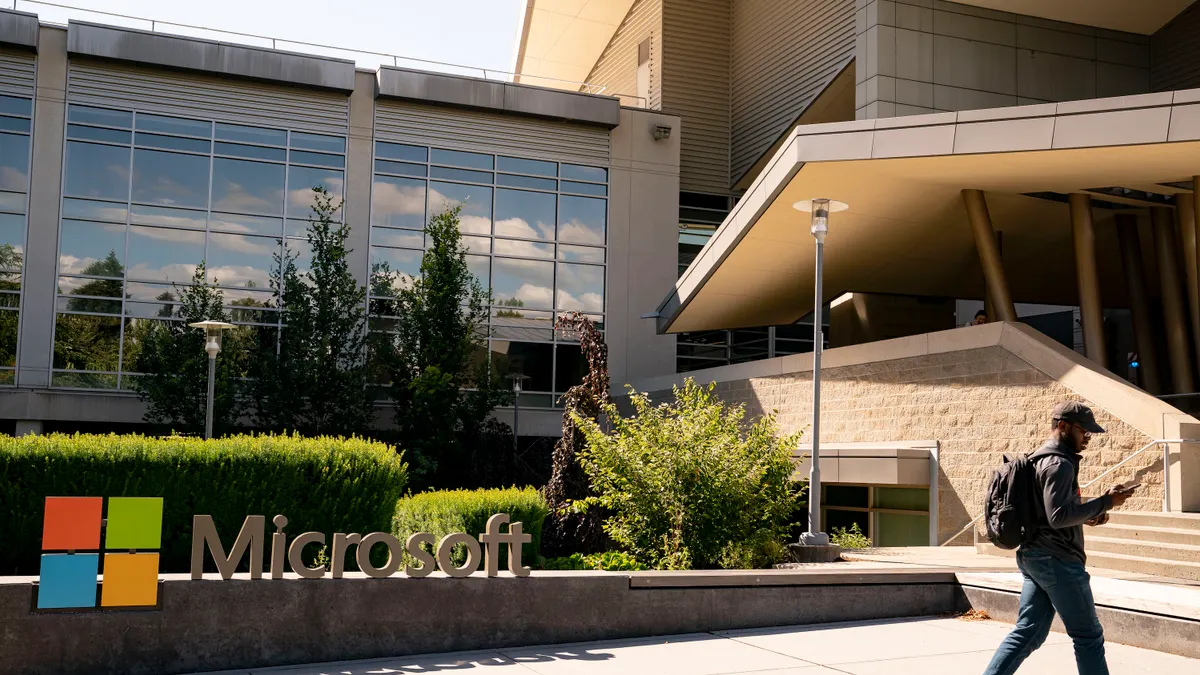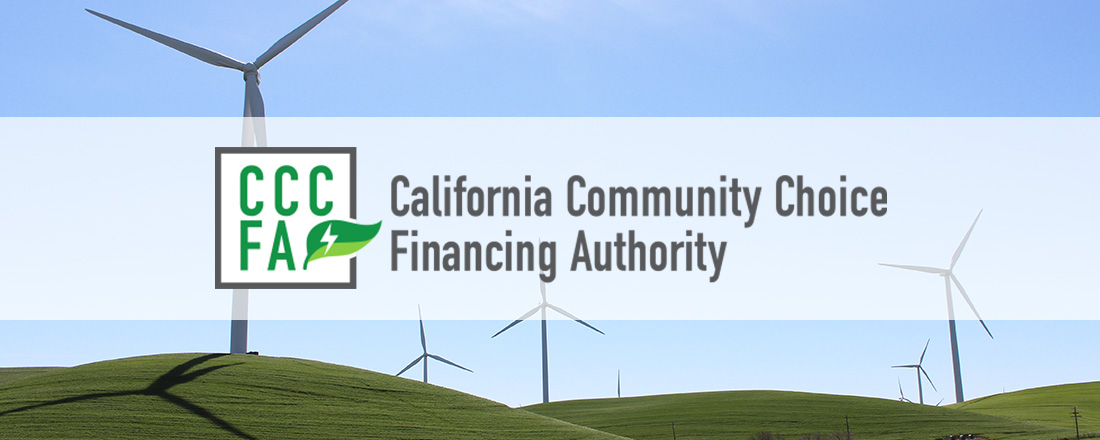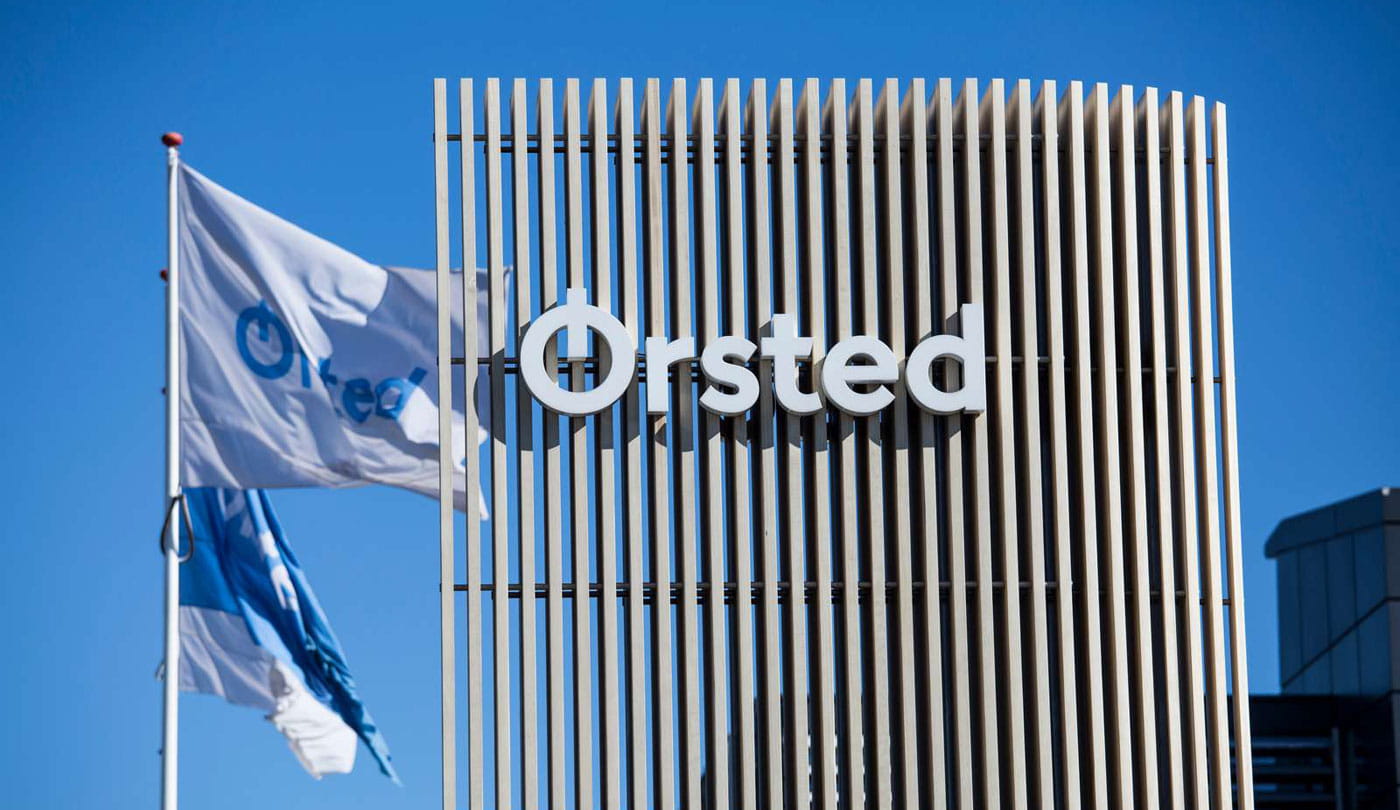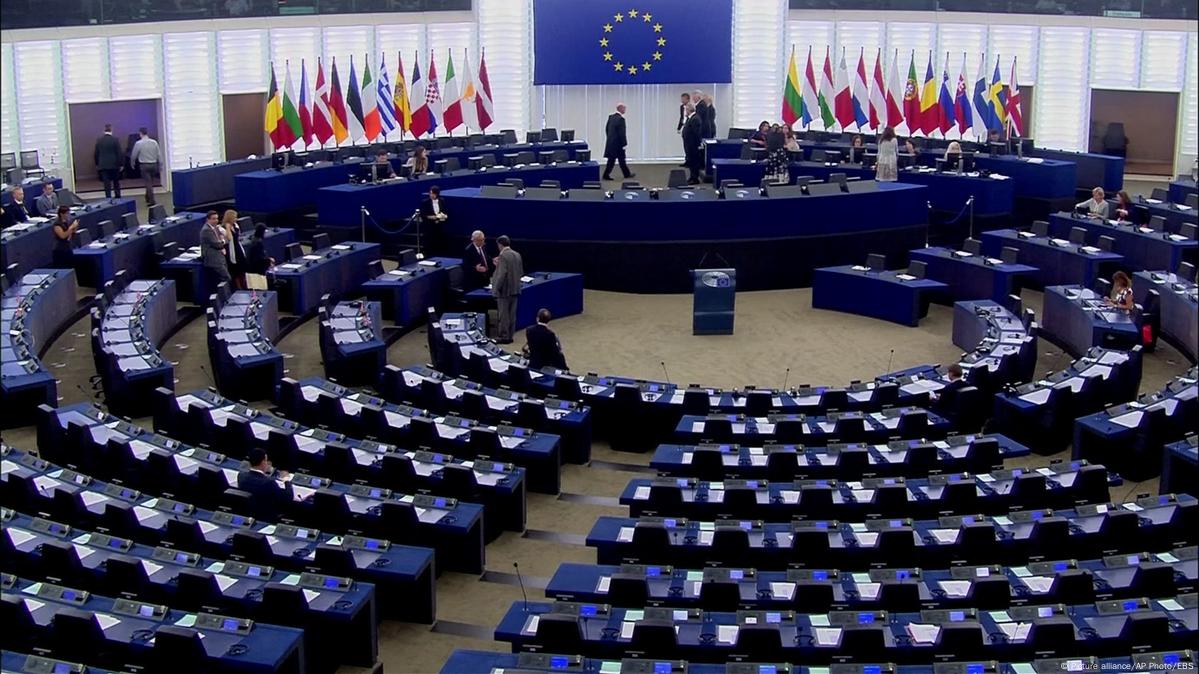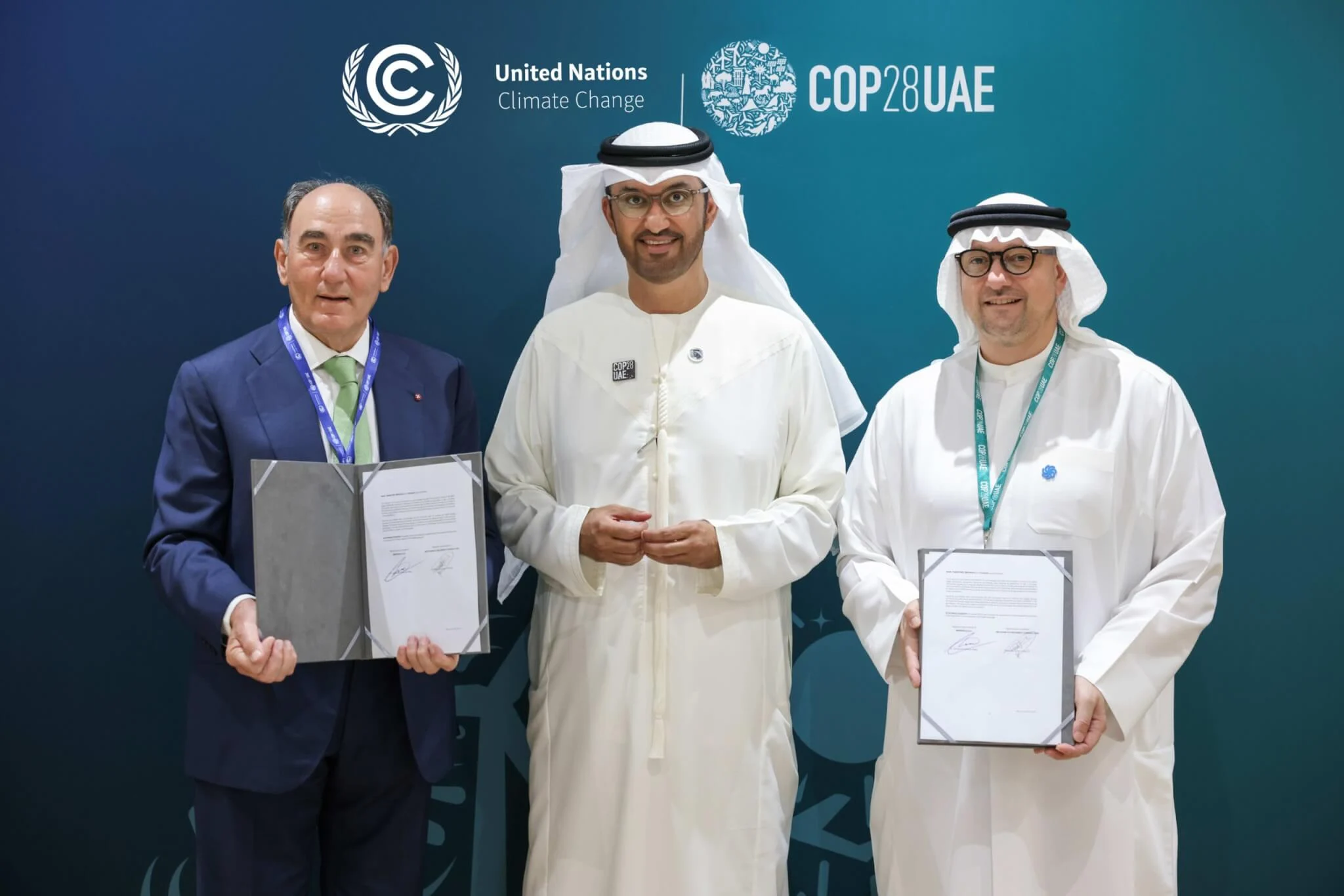Blackbaud Achieves Carbon Neutrality and Commits to New Transparent Sustainability Reporting
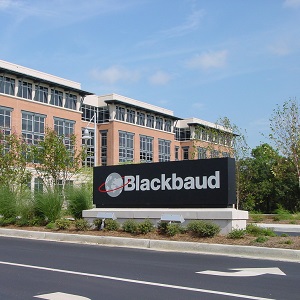
Blackbaud, the world’s leading cloud software company powering social good, announced it has achieved carbon neutrality across its operations and data centers for 2021, and that it will engage with the Taskforce and Climate Financial Disclosure (TCDF) and CDP to ensure transparent sustainability reporting and progress. With a multi-pronged climate strategy, Blackbaud is focused on reducing its emissions, using energy efficiently and investing in environmental projects for a more sustainable future.
“As a company with a longstanding track record of commitment to social good, we prioritize our obligation to operate our business sustainably,” said Rachel Hutchisson, vice president, global social responsibility, Blackbaud. “We are committed to doing our part for climate change by calculating and reducing our emissions, investing in renewable energy and sustainable projects, and working with our employees, customers and partners to collectively advance our efforts.”
Blackbaud began its carbon neutral journey by evaluating its Scope 1, 2 and 3 emissions, which included emissions from its owned buildings (Scope 1), emissions from sources that are not owned but controlled—like leased offices (Scope 2)—and then emissions from data centers, cloud services and employee work from home energy consumption (Scope 3).
Reducing emissions has been a top priority for Blackbaud over the past several years. Blackbaud transitioned to a remote-first workforce strategy in 2021, which helped fast-track the company’s goals for minimizing environmental impact. Since 2019, Blackbaud has reduced its global real estate footprint by 50%; reduced the energy emissions required to run its office space by 63%; and reduced employee commute emissions by 75%.
With its remote-first strategy, Blackbaud has retained one owned office building—its LEED Gold certified world headquarters in Charleston, SC. This building leverages solar power and operates with 30% more energy efficiency and 20% less water than other buildings of its class. Blackbaud has also implemented strong waste reduction and wellness programs to create a healthy, sustainable campus.
See related article: Procore Announces Integration of Embodied Carbon in Construction Calculator
To balance the remainder of emissions from its business operations, Blackbaud has invested in renewable energy credits (RECs) and carbon offsets. The company purchased Green-e® RECs, which funded clean energy generation at a South Dakota wind farm, to account for its Scope 2 emissions. To reduce the effects of Scope 1 and Scope 3 emissions, Blackbaud is supporting several carbon offset projects, including Mississippi valley reforestation in the U.S., community reforestation in Ghana and a portfolio of global renewable energy projects.
This milestone of achieving carbon neutrality builds on Blackbaud’s recent sustainability progress. In 2021, Blackbaud formed an ESG steering committee that is co-chaired by CEO Mike Gianoni and has board oversight. Blackbaud also joined the UN Global Compact, which is focused on aligning business activity to the UN’s sustainable development goals (SDGs). Earlier this year, the company made a multi-year, six-figure gift to Project Drawdown, a 501(c)(3) nonprofit and a leader in science-based climate solutions research, communications and engagement. Blackbaud’s gift is supporting Project Drawdown’s efforts to reach educators, students, professionals and a general audience of individual change agents interested in climate change and solutions. Project Drawdown is partnering with Blackbaud to consult on environmental strategy and provide educational opportunities for Blackbaud employees on how to apply climate solutions in their own lives and how to become climate advocates.
As a next step, Blackbaud will adopt the TCFD framework in its reporting this year and will also report climate data to CDP to continue enhancing transparency around its sustainable operations, and to continue working toward its climate goals. These disclosures help companies outline climate-related risks and their plans to minimize those risks through governance, and by setting targets and measuring against them.
“We’ve been committed to social good from day one, and our mission is to help good take over the world,” said Hutchisson. “Reducing environmental impact and advocating for climate solutions is one way we are bringing that mission to life. Achieving carbon neutrality is a significant step in our journey, but we know there is more work to do, and we remain focused on progress.”
Source: Blackbaud

